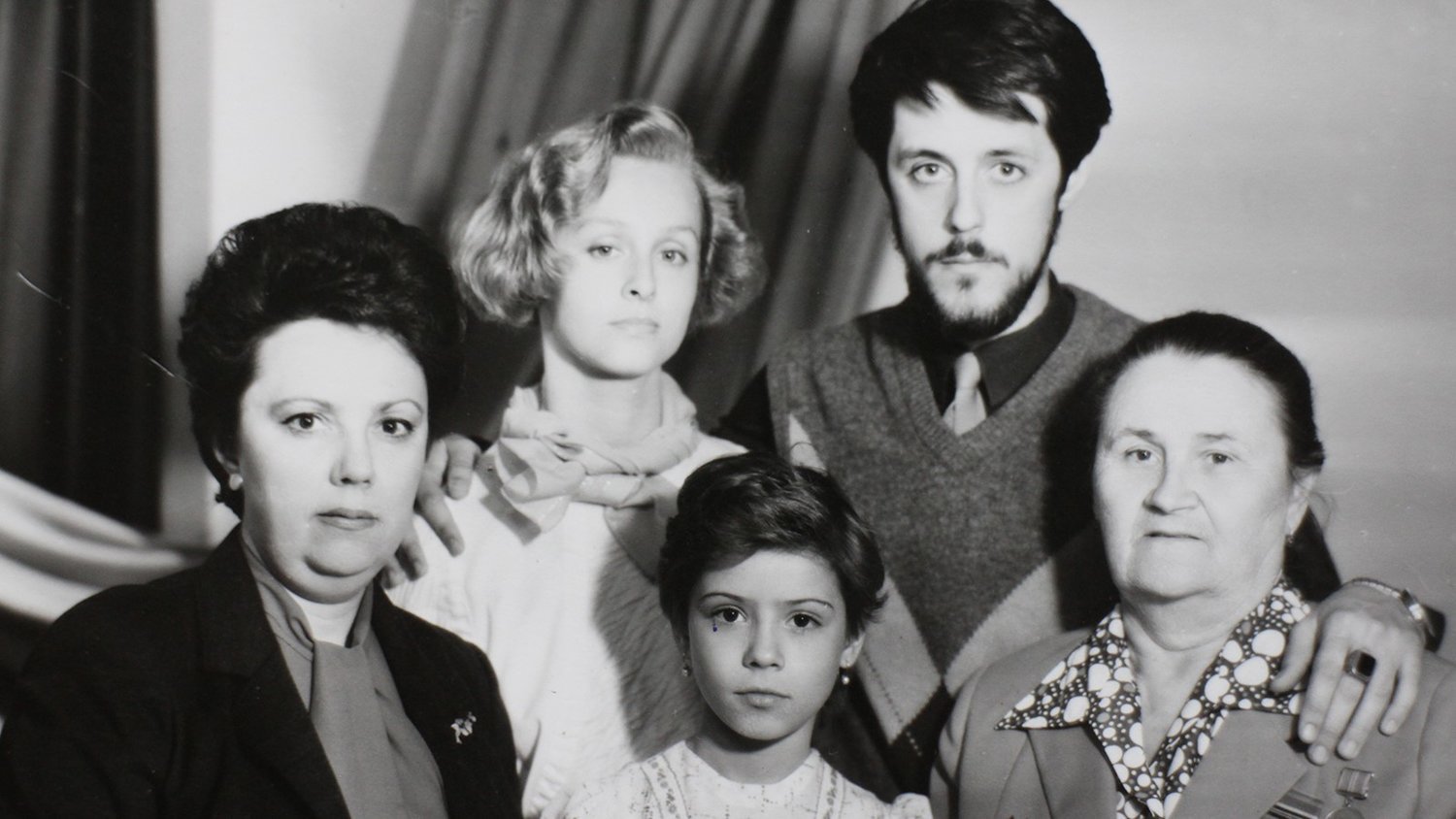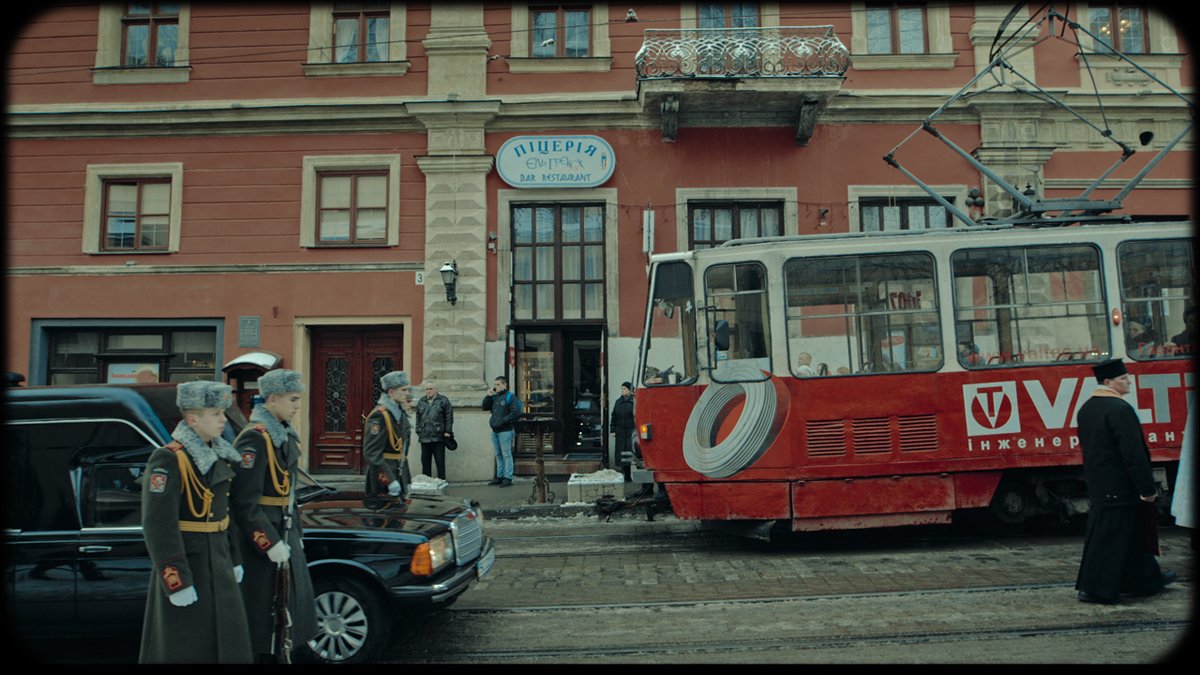A Political and Personal Voyage through Modern-day Ukraine in Vitaly Mansky's Close Relations
Close Relations, Vitaly Mansky (2016)
Vitaly Mansky's Rodnye (Close Relations) follows a subjective turn in documentary cinema. This film diary consists of interviews between his family members in Ukraine, reflecting upon the continuing Ukraine-Russia conflict, and several questions around national identity. Mansky explores these views during a time period from May 2014 to May 2015. He visits his relatives in Lviv, Odessa, and Sevastopol, in annexed Crimea. He also makes a trip to the Donetsk region, where the conflict between Russia and Ukraine still exists.
Mansky includes his own voice as the narrator of happenings. In this sense, his gaze is bound to the camera's perspective, so the film has a sort of autobiographical pact with the issues being depicted. Mansky is showing us a historical world through his own subjectivity; his active enunciation filters our perception of the presented events. This subjective presence involves a certain double movement: firstly inwards, concerning his identity and personality, and secondly outwards, describing the historical context in which his relatives are currently living.
Mansky's mother, grandfather and aunts all reflect on their situation. These various perspectives give the documentary its charm, since their notions are in relation to political and social changes that have happened in Ukraine. Mansky seems to think that despite the fact that the interviewees express their individuality, they also reveal their commonality somehow, although they seem to be quite opposite of each other.
Close Relations, Vitaly Mansky (2016)
Mansky's observational style echoes these reflections, depicting the cities of Lviv, Odessa and Sevastopol as lived spaces, and using his own personal history in order to represent a kind of collective experience between his family members. He combines his reflective attitude towards everyday street scenes with a personal commentary that in some scenes echoes a subjective reading of the images. In his own way, Mansky creates a portrait of the life in several cities from a collective and autobiographical perspective at the same time.
Beyond such explicit references, Mansky creates a series of dialogues between the political situation in Ukraine and Russia. One of the most revealing sequences of the narrative is a scene wherein three of his aunts express and talk about politics via Skype and assert their conflicting opinions. Mansky pays particular attention to the way his relatives behave with their ideological beliefs. The decision to observe and emphasize this kind of behavior at length lead to situations in which one of the aunts neglects the presence of the other one.
In Mansky's film, the role of city-images is heightened, whether their motivation is connected with symbolic or aesthetic grounds, or whether by extension of temporal narrative challenge. The mise-en-scène of the narration becomes a documentation of certain, mostly Ukrainian places and spaces with an idea of representing subjective experiences in the middle of this landscape. The importance of the landscape is a crucial point since landscapes contain the ability to carry feeling with or without any human drama to precipitate it. The dramatic focus of the narrative lies in the confrontation between the audience and the landscape. This might look like a standard device in filmmaking, filling the spectator with undefined expectation, and connecting the narrative with filmmaker's personal thinking.
Close Relations, Vitaly Mansky (2016)



